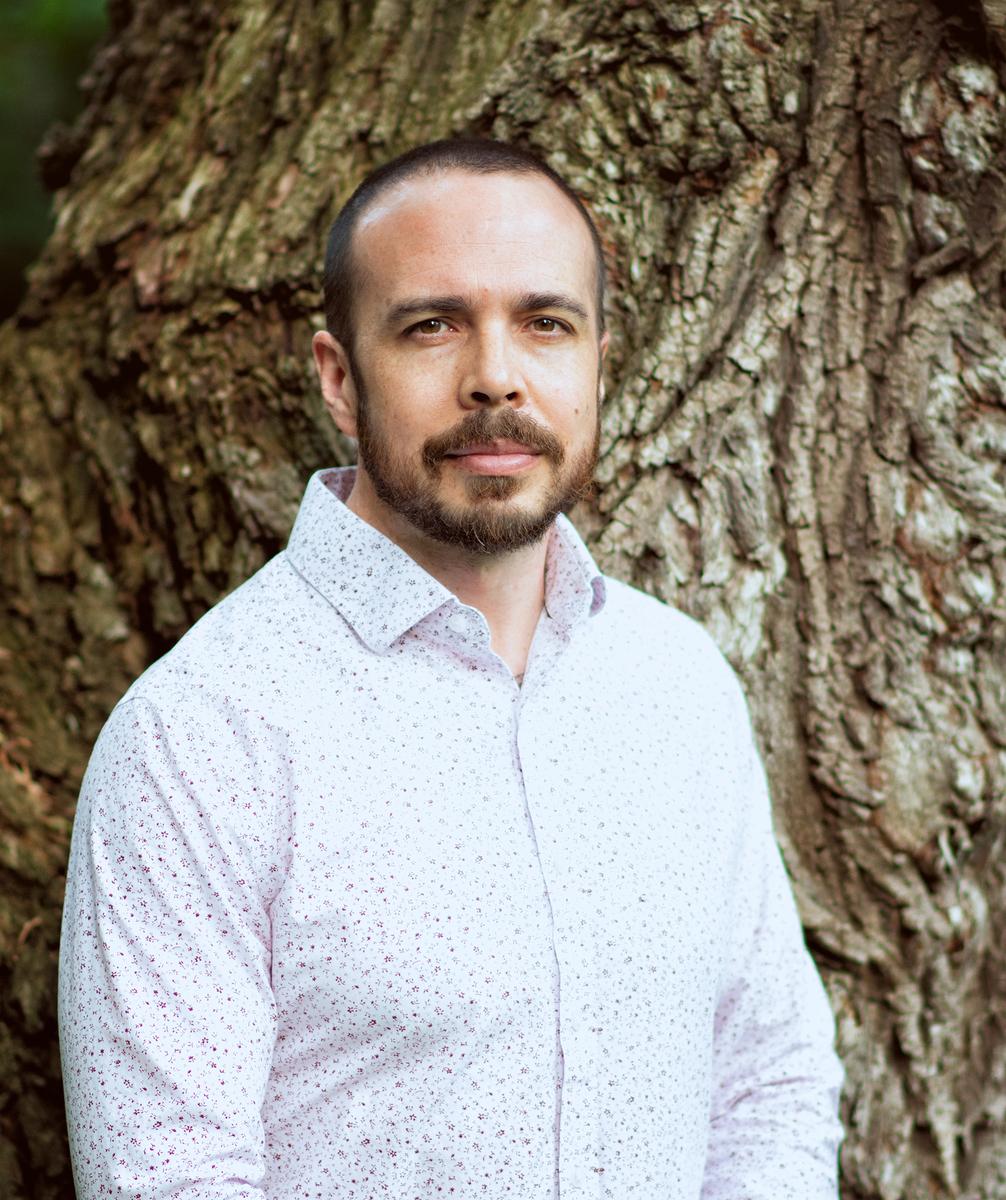Dr. Steven Kerfoot
Associate Professor
Associate Professor, Department of Microbiology & Immunology, University of Western Ontario
Steven Kerfoot completed his PhD at the University of Calgary, investigating inflammatory mechanisms in autoimmune disease of the Central Nervous System. He then moved to the Yale University School of Medicine, where he trained in two separate groups researching different aspects of fundamental B cell biology. In 2011, he returned to Canada to start his independent research program at the University of Western Ontario. His research uses models focusses on the role of B cells in chronic inflammation and autoimmune disease of the CNS.
Learn more about Dr. Kerfoot
How did you become interested in MS research? What inspires you to continue advancing research in this field?
I was first involved in MS research as a graduate student, but then left the field when I went on to further my immunology training in the States. During that time, critical scientific really shifted the research landscape in the MS field, and that’s what brought me back. There was a new appreciation for the complexity of the autoimmune response that we believe underlies MS and related diseases. The challenge of understanding how all the different cells of the immune system and cells of the central nervous system interact to drive the ongoing, damaging inflammation in the brain is what keeps me motivated in this field.
Describe the importance and level of collaboration in your research?
Collaboration is important to much what we do. Sometimes, we look to the expertise of researchers around us to perform or analyze experiments in new ways, allowing us to expand the types of research problems we can tackle. We also maintain a close connection with the research clinicians at our local MS clinic, as we look for ways to partner with them to not just work on immunology questions that our lab is interested in, but also look for ways that we can help advance the research questions they are working on. Together, we hope to open completely new avenues of research built on a local team that combines unique expertise.
How important is the support from the MS Society in enabling you to conduct research?
The MS Society was an important part of my training as a scientist, as I was supported by an MSSOC studentship and had the opportunity to attend some of the first research conferences hosted by the Society. It was funding and support from the MSSOC that helped me return to Canada to open my new lab focused on MS research. Since then, the MSSOC has consistently supported students and a post doc in my lab. I think that it is fair to say that the MSSOC has been an essential ingredient to the research we are doing now, and I am grateful for the support.
